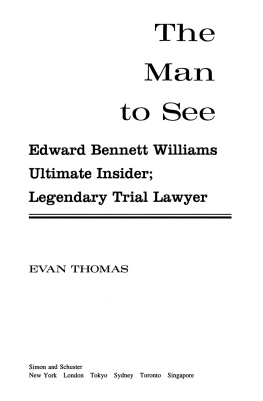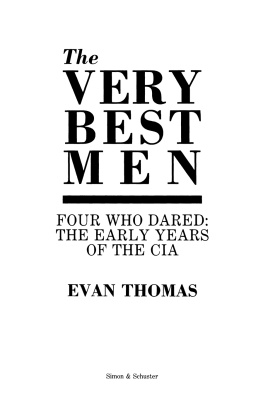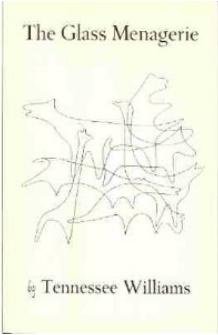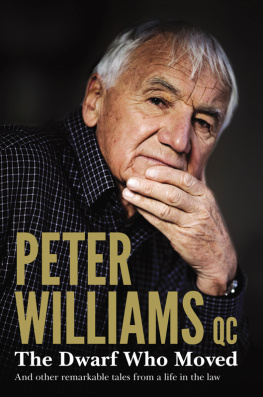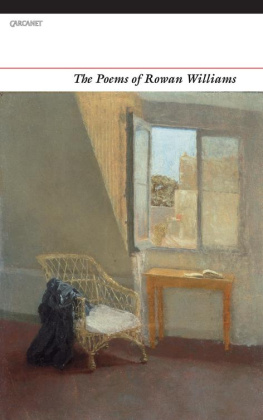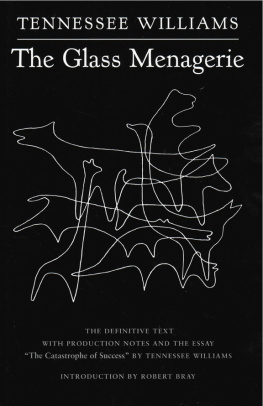A LSO BY E VAN T HOMAS
The Wise Men
(co-author with Walter Isaacson)
Thank you for purchasing this Simon & Schuster eBook.
Join our mailing list and get updates on new releases, deals, bonus content and other great books from Simon & Schuster.
C LICK H ERE T O S IGN U P
or visit us online to sign up at
eBookNews.SimonandSchuster.com
To my father
Evan W. Thomas II
Contents

I

The Man to See
Chapter One

E DWARD B ENNETT W ILLIAMS wanted to be in control to the end, and a little beyond. Before he died, his family suggested that the funeral be held at Holy Trinity, a lovely neo-Georgian church in Georgetown. Too small, said Williams. He wanted the service to be held in St. Matthews Cathedral, a Romanesque monstrosity downtown. His children teased him for his vanity. They assumed that the church would be half empty, since most of official Washington had fled the citys late-summer torpor for the mountains or the seashore.
But when the Williams family arrived at the cathedral on that muggy Tuesday morning in August 1988, they found it overflowing. Over two thousand mourners had gathered, filling the immense nave and spilling out onto the street which was lined with black limousines. Senators and Supreme Court justices, felons and bookmakers, waiters and doormen, billionaires, professional ball players, and Georgetown society jammed under the domed ceiling to sit before the plain mahogany casket.
Katharine Graham, the owner of the Washington Post, had flown back from the Republican National Convention in New Orleans. (The night before, as he headed to New Orleans to accept his partys nomination for president, George Bush had stopped at Gawlers Funeral Home to pay his last respects.) In one row in the crowded church, a former Miss America, Yolande Fox, sat beside boxing champion Sugar Ray Leonard, soothsayer Jeane Dixon, and a janitor from Williamss office building. Baseball commissioner Peter Ueberroth chatted quietly with football commissioner Pete Rozelle (Williams was the only professional team owner to win both the Super Bowl and the World Series in one year, 1983). The Kennedy clan had turned outEthel and four children, Eunice and Sargent Shriverand so had Joe DiMaggio. Outside the cathedral door, Justice Thurgood Marshall stopped to tell reporters that Ed Williams was a great lawyer, a great American, a great man.
Sitting along one aisle, Michael Milken, the junk bond king, looked stricken. The Justice Department was closing in on the empire he had built out of vision, guile, and larceny. Frightened, Milken had done what many powerful men had done when they had a serious problem. He had done what Senator Joseph McCarthy, Teamster boss Jimmy Hoffa, Mafia don Frank Costello, LBJ aide Bobby Baker, singer Frank Sinatra, Soviet spy Igor Melekh, industrialist Armand Hammer, New York Yankees owner George Steinbrenner, Democratic party chairman Robert Strauss, Playboy owner Hugh Hefner, Texas governor John Connally, financier Robert Vesco, Senator Thomas Dodd, CIA director Richard Helms, Chrysler chairman Lee Iacocca, Reverend Sun Myung Moon, and President Gerald Ford had all done before him: He had gone to Edward Bennett Williams.
People in deep trouble turned to Williams because of his reputation as a miracle worker who could make the guilty go free. They also found him a source of comfort and even forgiveness. Williams had an Irish Catholics deep pessimism about the essential sinfulness of man, and an equally great faith in the power of redemption. He would sometimes mock clients behind their backs, but he would not pass moral judgment on them. Clients felt that Williams understood them, that he felt their grief and fear. When Milken, anxious and uncertain, came to him in November 1986, Williams had comforted and reassured him. He was the only man, the junk bond trader believed, who could get him through his ordeal. The only question had been whether Williams would live long enough to do it.
Because of his empathy and shrewdness, Williams became an adviser to the rich and powerful not just on legal matters, but on career choices, business decisions, personnel problems, or almost any personal vexation. Williamss X-factor, the quality that set him apart from thousands of others peddling advice and access in Washington, was his intuition. I have a gypsys instinct, he told his second wife, Agnes. He meant that he could see what others would do before they knew it themselves. Men became addicted to Williams. Marvin Davis, the billionaire tycoon whom Williams had rescued from a grand jury and then had helped buy 20th Century-Fox, called Williams every day. When Williams died, Davis was unable to remove Williamss speed dial number from his telephone. I ask myself, he said a year later. What would Ed tell me to do?
As he helped hoist Williamss coffin onto its pedestal in St. Matthews, Washington Post executive editor Ben Bradlee wondered as well what he would do without his old friend. During his two decades running the paper, Bradlee had always turned to Williams for help in resolving problems large and small. In June 1971, when Bradlee was desperate to catch up to the New York Times, the Post s regular lawyers had counseled against publishing the Pentagon Papers, the secret study of Americas roots of involvement in Vietnam. They were afraid the Nixon administration would prosecute the Post. Bradlee called Williams in Chicago, where he was trying a fraud case. Whats Nixon going to do? Williams scoffed. Put every major publisher and editor in jail? Nixon doesnt have the balls to go after you, Bradlee. Relieved, emboldened, Bradlee pressed ahead and the Post published the Pentagon Papers. For the Washington Post, the decision was a coming of age (and Williams shortly thereafter became the Washington Post Companys regular lawyer).
Humor columnist Art Buchwald and Ed Williams had an unusual Washington friendship: neither wanted anything from the other. Thats why it was such a good friendship, said Buchwald. What Buchwald missed about his lost friend was his company. Williams was very funny and quick, a raconteur with a rich store of lorehis own careerto draw upon. To be sure, Williamss humor was calculated; like Churchill, he spent his spare time rehearsing his extemporaneous remarks. Williams prepared for humor the way he prepared for trial. He kept a file of jokes in his office (most of them ethnic or off-color), and for days he would try them out on the lawyers in the firm before he would incorporate them into an informal talk. He knew all the rhetorical tricks of story-telling: how to stretch out the windup to the punch line, how to modulate his voice to draw the listener forward, and then jolt him upright with a burst of laughter. But Williamss sense of humor was too great to be contrived. So much of his humor came from his physical magnetism, the raw and undiluted energy and zest that seemed to flow from him. Sitting next to him, especially when liquor had loosened his tongue and eased his mood, was roughly akin to having your breath sucked out of you by a tornado, recalled Pierce ODonnell, a young associate of Williamss in the seventies. Williams had the power to make men shake and weep with laughter. He seemed to have direct access to his emotions. His face and body were a register of all the pleasure and pain, anger and exultation he had ever felt. When he was sullen or angry he looked like one of his mobster clients making a hit; when he was happy he looked like a little boy about to eat a Good Humor after school. When he was tired and drunk, the tears would suddenly come welling up, and his tension and fear would spill out.
Next page
